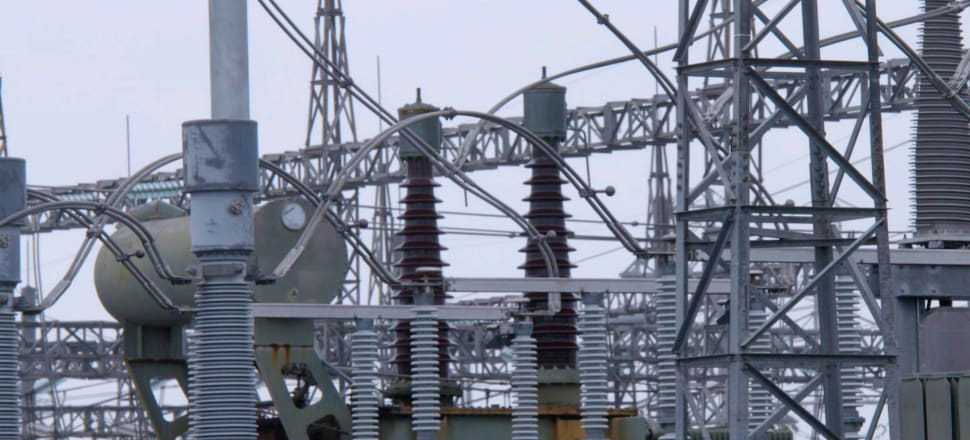
Watch video: In the third of our 10-part video series, The Way Forward, Rod Oram looks at big new ideas that can lead our response to climate change
In this episode we explore the transformation under way in our electricity sector. If it’s successful, it will play the leading role in Aotearoa achieving its climate ambitions.
About 40 percent of New Zealand's total greenhouse gas emissions come from our use of energy, mainly from fossil fuels for transport and industry. But if we power most of those activities by renewable electricity, we will slash our emissions and reduce operating costs.
Such clean electrical power could contribute up to 70 percent of the emissions cuts we have to make to achieve out net carbon zero by 2050 target, Boston Consulting Group concluded in a report last year.
“To reach net zero and secure a more sustainable future, the 2020s is the critical decade. With decisive early action and rapid transformation, the sector can achieve close to 100 percent renewable electricity by 2030 and abate 22 million tonnes of CO2-e annually by 2050,” it said.
But it will take a rapid transformation of our electricity system to achieve that. From a one-way grid in which electricity from large generation plants is transmitted over long distance for distribution locally, mainly by a handful of major players; to a two-way grid and local lines networks that enable much more electricity to be generated, used, traded and stored locally by myriad participants.
The transformation could cost some $42 billion in the 2020s alone, Boston Consulting Group estimates. But it would reap rewards of cheaper, clean energy to the benefit of all, from major industrial users to low income households.
In this episode, John Hancock is our guide to electricity transformation. A consultant to the sector, he is also the independent chair of the Electricity Authority’s Innovation and Participation Advisory Group.
Given grass roots responses are vital, we also visit the students of Homai School in Auckland as they work on their We Share Solar project from the Kia Kotahi Ako Trust. The programme is supported by Helios Energy, which is investing in grid-scale solar projects in New Zealand.








